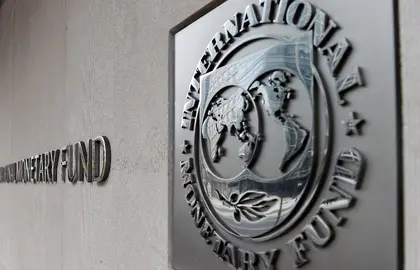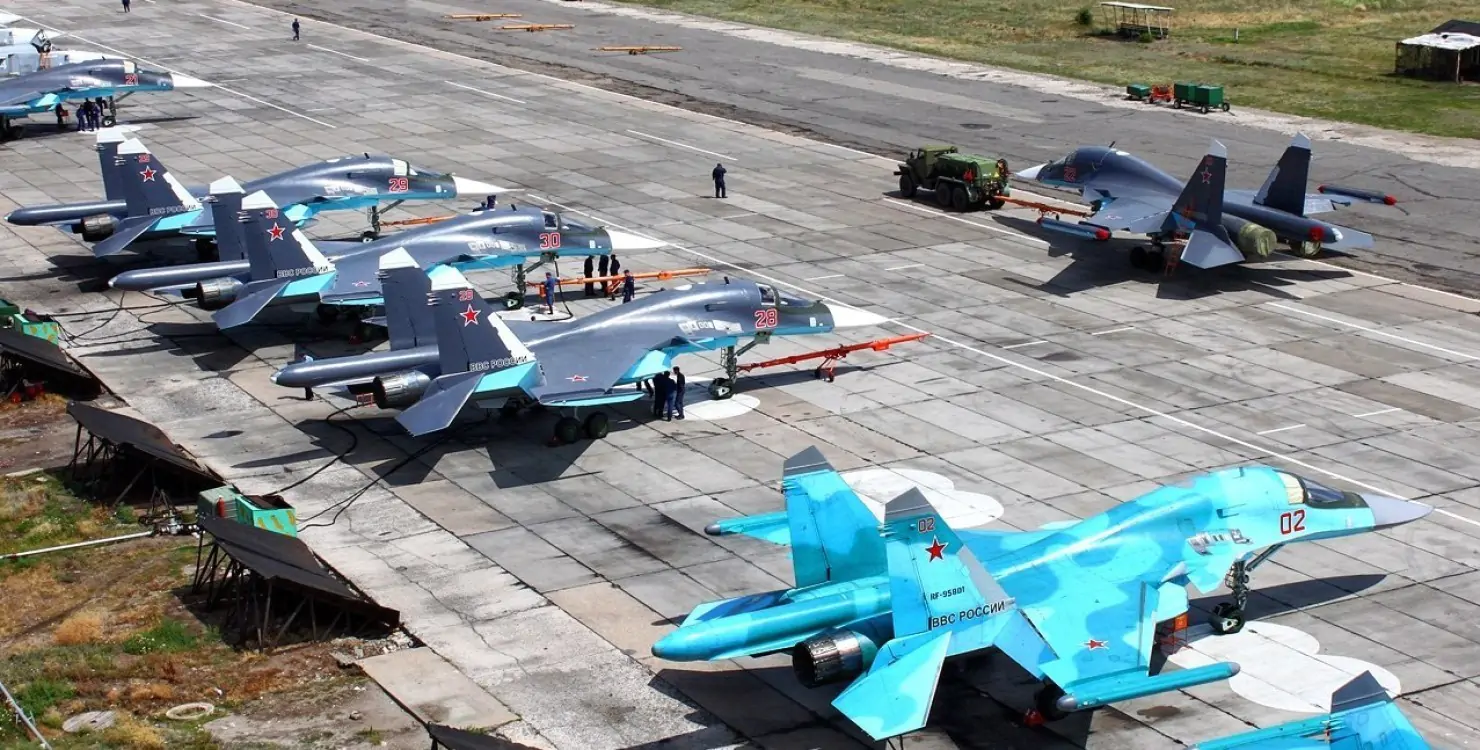Interesting as we head towards possible talks around private sector debt relief for Ukraine, buzzwords like “burden sharing” come to mind. And absolutely in all these debt restructuring situations, it is important that the private sector does not get better terms than the public sector, and no sense of the private sector guys being bailed out by the taxpayer.
The Paris Club led with the debt service suspension agreed for Ukraine in August 2022. For the private sector, this was initially for 24 months, but the Paris Club of official creditors extended this to the end of the current IMF EFF to the end of 2027. The IMF has asked the government to engage in talks with the private sector early this year, prior to the end of the 24-month service suspension, in the hope of securing the bulk of the $14.8 billion financing contribution from debt relief to Ukraine assumed in the total $122 billion package for Ukraine, agreed as part of the IMF EFF.
JOIN US ON TELEGRAM
Follow our coverage of the war on the @Kyivpost_official.
It's a bit weird that the private sector debt treatment is leading the way – the IMF has been assured that the Paris Club will undertake further debt treatment towards the end of the IMF program, in 2027. Not sure why the Paris Club treatment is not happening in parallel with the private sector treatment – why the delay? Why not some kind of comparability?
I think the market gets the burden-sharing story. But the elephant in the room herein is that the West is shouldering ALL the burden, and there is ZERO burden sharing being applied to Russia. How come the G7/IMF are talking about Paris Club and private sector debt relief for Ukraine, and actually writing big dollar and euro checks for Ukraine, while Russian assets – the $300 billion-plus in Western jurisdictions are being left untouched?

‘We Do Not Forget Anyone’ – Ukraine at War Update for Dec. 31
It seems that Western governments are all for burden sharing, but not willing to force Russia to pay the price. Everyone bears the burden apart that is from Russia. How weird is that? Indeed, they appear to be going out of their way to protect Russian assets.
Western taxpayers, Western creditors (pensioners) are bearing the burden for Russia – because our political leaders and policymakers appear to be idiots. That is one conclusion one might draw.
It is interesting here to just think this through.
One argument for not going after Russian assets is that by so doing, Western business assets in Russia will be at risk of tit-for-tat action. Ok, but those Western companies who did business in Russia, invested in Russia, knew the risks. They reaped huge rewards/profits for taking Putin's forty pieces of silver. They got the investment call wrong. Why should Western taxpayers, and Western pensioners/creditors, pay the price for these greedy Western companies’ bad investment calls – by not going after Russian assets now to pay for the costs of Ukrainian victory and the peace. Western taxpayers, and seemingly now creditors/pensioners, are bailing out those private businesses. How wrong is that?
Similar in my mind on Euroclear – it took the decision, balancing the risks, to act as a depository for Russian central bank assets. It made the profits from managing that money, over many years, and when the nature of the Russian state was clear perhaps as far back as 2008 and the invasion of Georgia, then there was WMD use on NATO soil (Litvinenko and Salsbery) and the annexation of Crimea. I would argue that was a bad investment decision – again, why should Western taxpayers and creditors now have to shoulder all the burden to protect the business interests of Euroclear, which made good profits on Russian business in the run-up to the invasion? I get the concern over the systemic risks to Euroclear should Russia choose to take legal action to recover the assets – but how realistic is that? Where could those claims be filed? In Russia – yes, good luck in Western courts Putin. But if the risks are serious, the West should change legislation to protect Euroclear and indemnify it against such risks, as a public good, a national security priority.
All this raises big issues around equity.
Our governments seem to put Russian taxpayers above their own.
Our governments seem to put Russian taxpayers above their own pensioners – holders of Ukrainian debt.
Our governments seem to put greedy Western companies who invested too long and wrong in Russia against their own taxpayers and pensioners.
In conclusion, the case for burden sharing amongst taxpayers, creditors, the public and private sector when it comes to Ukraine is strong. Ukrainians are making the ultimate sacrifice for us, in the defense of Western liberal market democracy. The defense of Ukraine should be a Western public good. But how about getting Russia to bear some of the burden? Russia is absolutely and totally responsible for this war. All I see are excuses by our policy elites to actually avoid getting Russia to pay for its brutal invasion of Ukraine, war crimes and genocide against Ukraine.
We have $300 billion-plus of immobilized Russian central bank assets (cash) in our jurisdictions – how about using it first?
The views expressed are the author's and not necessarily those of Kyiv Post.
You can also highlight the text and press Ctrl + Enter






